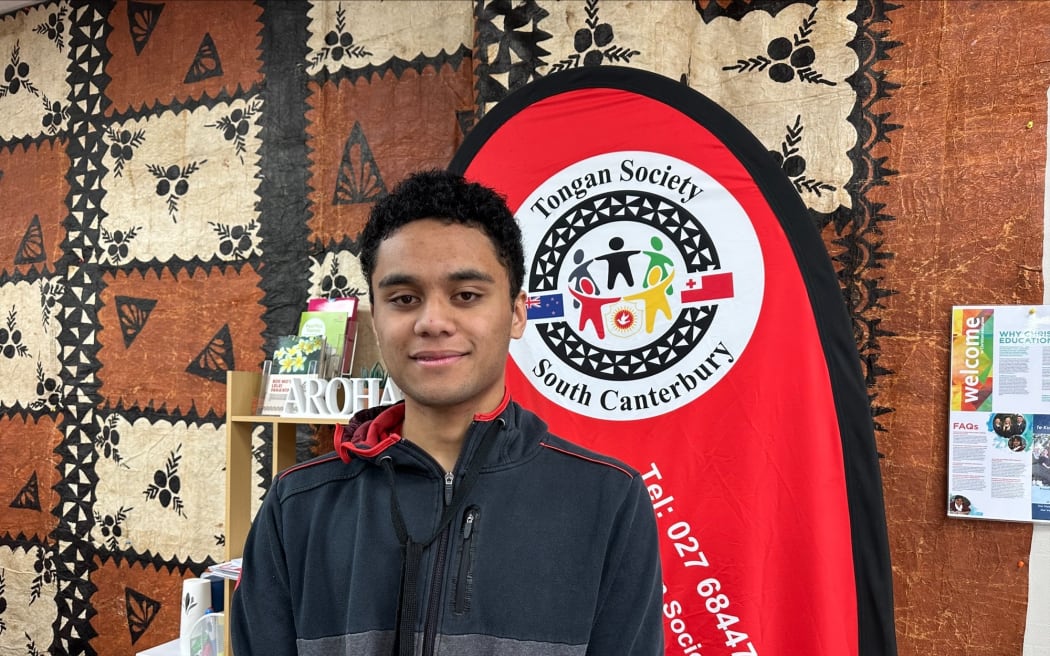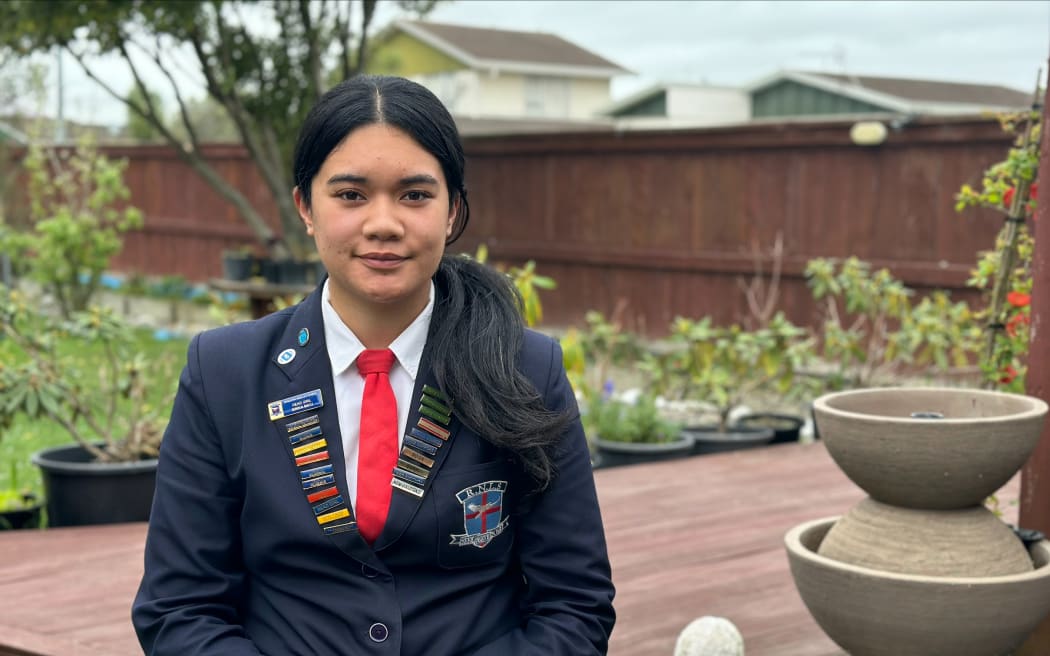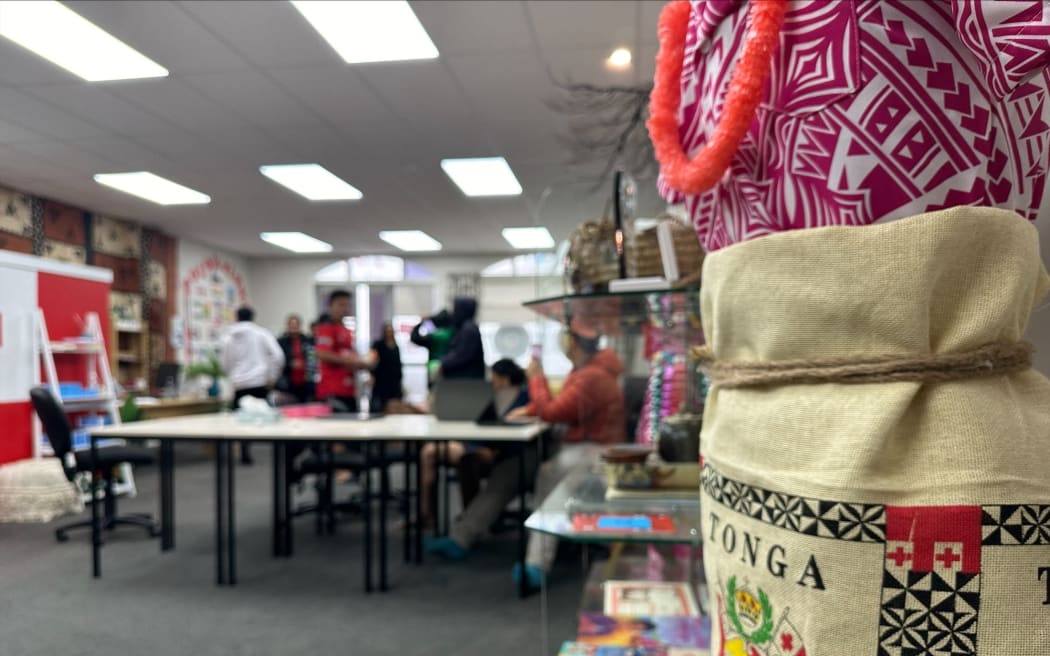By Eleisha Foon, RNZ Pacific journalist
Pacific youth and first time voters in Aotearoa New Zealand feel forgotten and ill equipped ahead of the election.
Pasifika are the fastest growing youth population in New Zealand and their main concerns are the cost of living and beating the dire statistics stacked against them.
Although Pasifika have been long established in areas like Timaru and Christchurch, their voices have not always been heard.
“I don’t feel part of the conversation . . . just sitting in the background,” Timaru Boys High Year 13 student Kaluseti Moimoi said.
Moimoi grew up in Oamaru and the upcoming election marks his first time voting. He has enrolled to vote but does not quite know where to start.
“Not really sure who I am going to vote for. Not really sure about the parties or what they are doing. I don’t think there is much education around that.”

More than half of New Zealand’s Pacific population is under 25 years old.
Wanting to feel empowered
The growing group wants to feel empowered to speak up on issues like climate change and creating a better future for their families.
But a lack of civic information has left people in the dark, with less than one month to go until they are expected to make cast their vote.
Rangiora New Life School head girl Avinis Siasau Ma’u also has concerns.
“I don’t get any information about this at school. The only information is on the news or from friends. This is the society we are going to live in so it’s key to know what kind of party is going to lead our country,” Ma’u said.
Although she was still learning the names and values of each party, she plans to vote for a party that prioritised Pacific language weeks and addressed the cost of living.
“Back then $20 could get you a lot, but now $20 can only get you three things,” she said.
She said almost everyone she knew had complained about the cost of food.
Periods of family stress
“Every family will go through periods of time where it’s just stress and paying off debt and asking will we have enough for groceries.”

Kaluseti Moimoi’s family was also feeling the pressure and he hopes a “good education” and gaining a degree at the University of Canterbury to become an accountant would change that.
“That is my main goal; to work for the good of my family. That’s what my mum taught me. I’ve got five siblings at home. My parents work really hard.”
Timaru Tongan Society general manager Sina Latu said her community was often left out of the conversation.
The Electoral Commission told RNZ Pacific it was working alongside Pacific leaders and churches, yet Latu said she had not heard a word from them.
“They haven’t approached our Tongan Society or our churches, I think it really shows how we are not heard because we are down south.
Pasifika aren’t just in South Auckland, “they need to reach out everywhere, not just in the big cities. It’s not good enough,” she said.
Encouraging young ones
“We ourselves are trying to encourage young ones to enroll to vote but if we didn’t do that then the majority of them wouldn’t vote.”

Penieli Latu moved to New Zealand from Tonga in 2000 and has never voted until now.
“I turned 50 this year, I am happy to have finally enrolled to vote. I can’t wait to do two ticks.”
Latu wants the next government to make sure the Ministry for Pacific Peoples stays.
For him their language weeks foster a deep sense of Pacific pride and belonging — especially for Pasifika in the South Island.
This article is republished under a community partnership agreement with RNZ.
Article by AsiaPacificReport.nz








